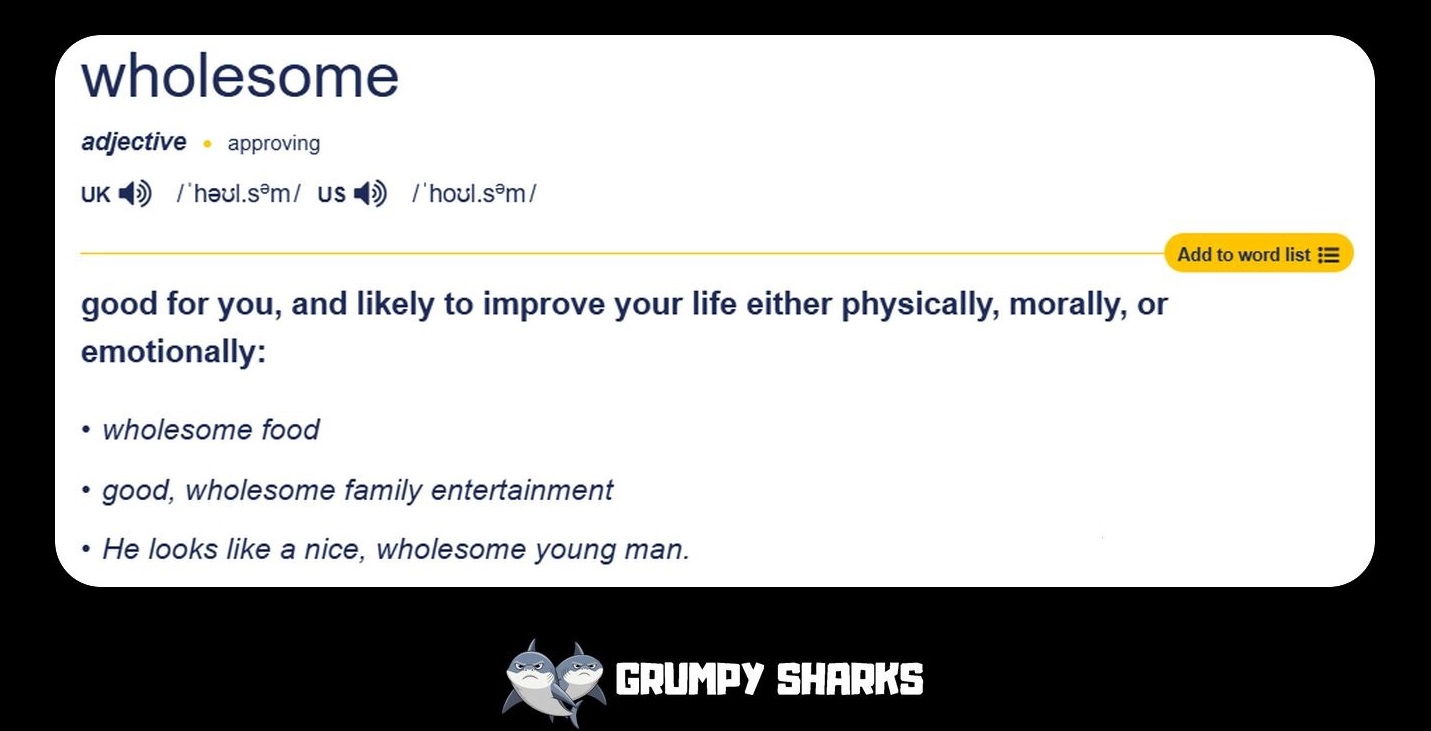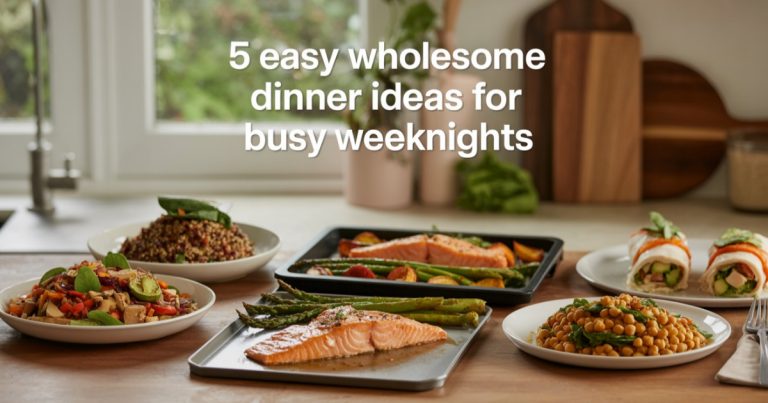What Does Wholesome Mean In Gen Z? How Gen Z Became Obsessed With ‘Wholesome’?
What Does Wholesome Mean In Gen Z? How Gen Z Became Obsessed With ‘Wholesome’?
In a digital world filled with sarcasm, doomscrolling, and performative drama, Gen Z has quietly carved out a new kind of comfort zone: wholesomeness. The term “wholesome,” once used for clean jokes and homemade meals, now carries a cultural weight far beyond its dictionary definition. Today, “wholesome” is a vibe. It’s the kind of content that softens your day—a puppy trying to climb stairs, a grandparent learning TikTok, a kind stranger returning a lost wallet.
But what does wholesome mean in Gen Z? This article explores the deeper meaning of wholesome in Gen Z culture—why they became obsessed with ‘wholesome’.
What is the meaning of wholesome?
According to the Cambridge Dictionary, ‘wholesome‘ is an adjective that describes something that “good for you, and likely to improve your life either physically, morally, or emotionally“. In simpler terms, it’s anything that feeds your well-being in a healthy, genuine way.

Traditionally, the word was used for things like home-cooked meals, clean humor, or stories with happy endings.
But these days, it’s evolved into a feeling of comfort, kindness, and emotional safety. Whether it’s a warm hug, a puppy video, or a sincere compliment, wholesome things make us pause, smile, and feel just a little bit better.
It’s not about being perfect. It’s about being kind—even when you don’t have to be.
What does wholesome mean in Gen Z?
In Gen Z culture, “wholesome” means genuinely sweet, heartwarming, and emotionally uplifting.
According to Deccan Herald, Gen Z now uses “wholesome” instead of “aww” to highlight moments of sincere kindness or innocence
Whether it’s pets, grandmas, or strangers doing something unexpectedly sweet, it instantly becomes “wholesome content.”
Is being wholesome a good thing?
Yes—and increasingly essential. Being “wholesome” has come to symbolize an antidote to cynicism. Harvard sociologist Michèle Lamont argues that Gen Z is crafting a moral culture based on inclusion, empathy, and emotional openness, rather than judgment or social performance (Harvard AAAS).
Her insights, featured in The New York Times, suggest this generation finds value in authenticity and supportiveness, especially in online spaces that often reward sarcasm and negativity. Wholesome content fosters psychological safety, giving young people permission to be kind without being mocked for it.
When Did ‘Wholesome’ Become a Gen Z Compliment?
The shift began subtly around 2018 but surged during the pandemic years of 2020–2021. As meme pages like Wholesome Memes on Instagram and the subreddit r/wholesomememes (the group now has 18M members) exploded in popularity, a cultural shift was underway.

During that time, a 2024 Pew Research Center study reported that nearly 25% of U.S. adults under 30 experienced high levels of loneliness (Pew Report PDF).
Wholesome memes became digital care packages—low-pressure, feel-good reminders that kindness still exists. The term “wholesome” became shorthand for emotional safety in an unpredictable digital world.

How Gen Z became obsessed with ‘wholesome’?
After years of online toxicity, Gen Z collectively pivoted toward content that felt emotionally healing. According to media psychologist Dr. Pamela Rutledge, the trend reflects a hunger for emotional resilience and balance in screen-saturated lives (MPR Center).
Rather than showcasing idealized perfection, wholesome posts invite vulnerability, calm, and light-hearted joy. Communities like Wholesome Games and TikTok accounts that highlight kind interactions have carved out digital sanctuaries.
For Gen Z, being wholesome isn’t just a meme aesthetic—it’s a small rebellion against the burnout economy.

Conclusion: Why Wholesome Still Matters to Gen Z
In a generation raised on both memes and mental health awareness, “wholesome” isn’t just a label—it’s a quiet form of resistance. Against burnout, negativity, and toxic perfectionism, wholesome content reminds us that kindness still resonates.
For Gen Z, being wholesome isn’t naive—it’s intentional. Whether through memes, videos, or simple daily moments, this new definition of “wholesome” helps them connect, feel seen, and breathe a little easier online.
And maybe, just maybe, that’s exactly what we all need right now.






